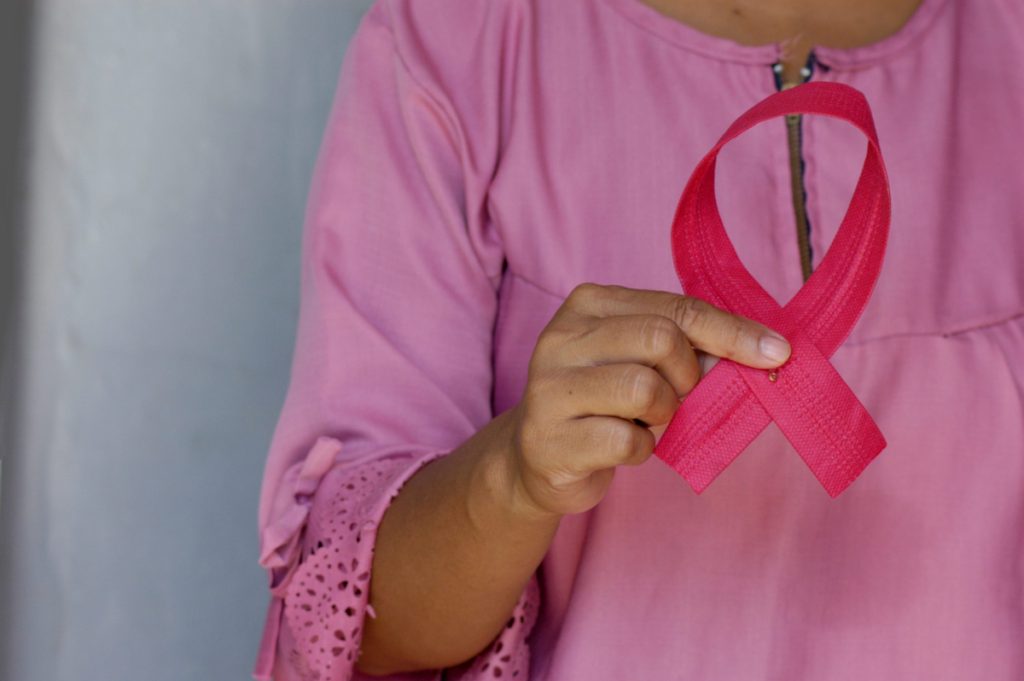Did you know that cancer is the second leading cause of death in the United States? According to the National Cancer Institute, an estimated 1.8 million Americans will be diagnosed with cancer this year alone. Unfortunately, cancer doesn’t discriminate—it can affect people of all ages, genders, and walks of life. The good news is that there are many ways to prevent and treat cancer, and the United States government is committed to finding new and better ways to fight this disease. Here are five ways the government is handling cancer.
Government Agencies
There are now various government agencies in charge of handling cancer. Here are some of them:
NIH
The National Institutes of Health (NIH) is the world’s largest funding source for cancer research.
The NIH spends billions of dollars annually to support basic, clinical, and translational cancer research. This research has led to significant breakthroughs in understanding how cancer develops and grows and new methods for preventing, detecting, and treating the disease.
CDC
The Centers for Disease Control and Prevention (CDC) funds national programs to increase cancer awareness and promote early detection.
The CDC has various programs that are free or low-cost that screen for cancer. These screenings can help catch cancer before it spreads when it’s more likely to be treated successfully.
FDA
The Food and Drug Administration (FDA) approves new cancer treatments.
The FDA also regulates tobacco products and sunscreens, which can help reduce your risk of developing skin cancer. And the FDA’s Office of Women’s Health works to ensure women have access to safe and effective cancer treatments.
NCI
The National Cancer Institute (NCI) is the federal government’s primary agency for cancer research.
The NCI coordinates clinical trials to test new treatments and develop guidelines for screening tests that can help detect cancer early. The NCI also maintains a national network of comprehensive cancer centers that provide cutting-edge care to patients nationwide.
DOD
The Department of Defense (DOD) funds medical research on common cancers among military personnel and their families.
The DOD also runs its comprehensive cancer center, which treats patients with all types of cancer, including rare forms of the disease. In addition, the DOD operates a nationwide care system for service members diagnosed with cancer. It’s a crucial department that helps all sorts of people with cancer, especially those part of the ever-growing military branch in the country.
Affordable Cancer Care
The cancer treatment usually leaves people bedridden, especially seniors. This is where affordable palliative care comes in. This kind of care focuses on relieving the symptoms severe illness. It’s appropriate for people of all ages and at any stage of serious disease.
The goal is to improve the patient’s and family’s quality of life. Teams work with patients and families to identify and manage pain and other symptoms, such as fatigue, nausea, loss of appetite, difficulty sleeping, anxiety, and depression.

In addition to relieving suffering, patients under this kind of care live longer.
Technology
The U.S. government isn’t afraid to fund new technology in the name of cancer research.
- The Cancer Moonshot initiative is a significant effort to accelerate cancer research and quickly bring new therapies to patients. The initiative includes $1 billion in new funding for cancer research and a considerable focus on developing new technologies to speed up the process of bringing new treatments from the laboratory to the clinic.
- Precision medicine takes account individual variability in genes, environment, and lifestyle. This approach allows doctors to tailor treatments or interventions to the characteristics of each person. For example, for cancer, precision medicine may enable doctors to match a patient better with an existing cancer drug or clinical trial based on the unique characteristics of the patient’s tumor.
- Cancer immunotherapy is a cancer treatment that uses the body’s immune system to fight cancer. The immune system is a complex network of cells and proteins that work together to protect the body from infection and disease. Cancer immunotherapy harnesses the power of the immune system to treat cancer.
These are just a few examples of how the United States government is fighting against cancer; you also have a part in it! You can reduce your risk of developing cancer by making healthy lifestyle choices like eating a nutritious diet, maintaining a healthy weight, and exercising regularly. You should also limit your exposure to sunlight and not smoke cigarettes. You should also talk to your doctor about getting regular screenings for cancers that are common in your family. Together, the country can make a difference in the fight against this disease.

